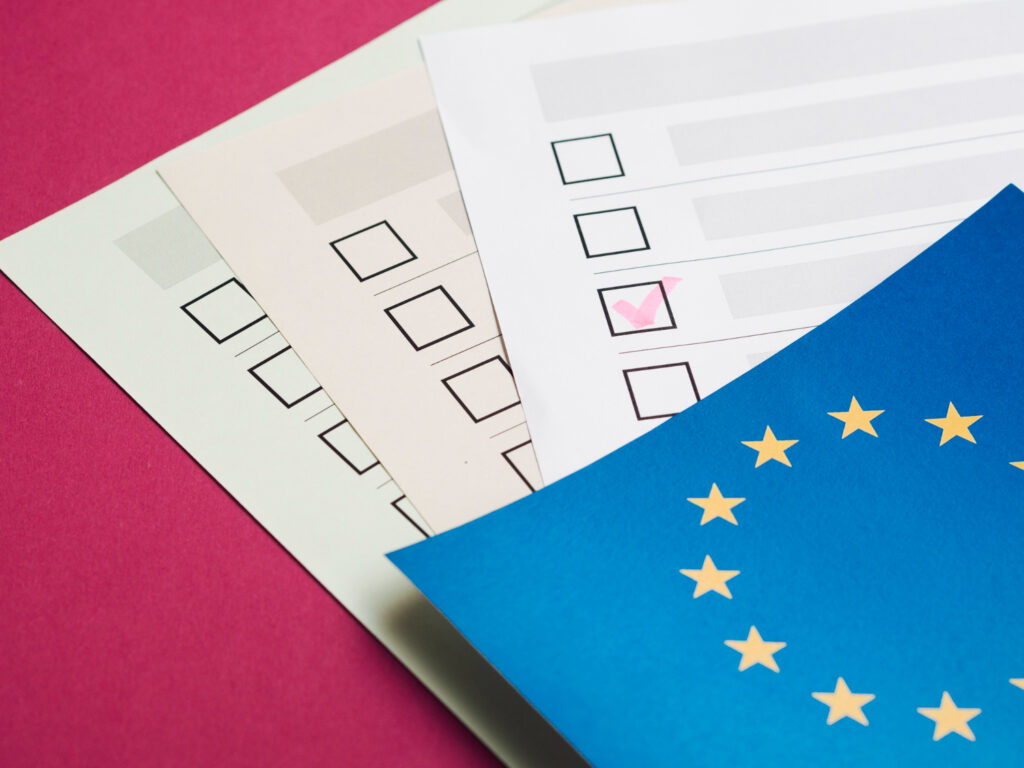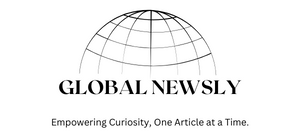
Instagram and Facebook EU users might soon have the choice to avoid targeted ads by subscribing to a Meta Ad-Free Subscription. However, details regarding the pricing and launch timeline for these versions remain uncertain.
Meta Ad-Free Subscription
Insider information suggests that Meta is exploring various strategies to align with the European Union’s recent regulations, which aim to limit US tech giants’ reliance on personalized ads. The EU has recently intensified its regulations, mandating that major tech firms obtain user consent for such advertising practices.
In a recent ruling, courts approved the idea of tech companies introducing subscription-based models to gain such consent. This could mean that the users will be offered an ad-free experience on platforms like Facebook and Instagram for a certain fee.
The EU’s General Data Protection Regulation (GDPR) permits companies to gather and utilize the personal data of EU citizens, provided it’s used within specified, transparent categories. Meta has contended that its data collection for ads is essential to uphold the “contracts” with its users to deliver services. However, privacy champions and regulators argue that this reasoning doesn’t validate the use of personal data for advertising purposes.
Currently, Meta is actively engaging with its primary European regulator, the Irish Data Protection Commission, to find a compliant solution. It’s worth noting that these potential changes would be exclusive to European users.
General Data Protection Regulation
For almost two decades, Meta’s primary focus has been on providing free social networking platforms, monetized through advertising. The introduction of a paid subscription model underscores the evolving landscape where businesses are adapting their products in response to stringent data privacy regulations, especially in Europe.

In a significant ruling last July, the European Union’s top court restricted Meta from merging user data across its various platforms, such as Facebook, Instagram, and WhatsApp, and from third-party sites and apps without explicit user consent.
Furthermore, in January, Irish authorities imposed a fine of 390 million euros on the company for mandating users to agree to personalized ads to access Facebook. These decisions trace back to the 2018 implementation of the General Data Protection Regulation (GDPR) in Europe, a pivotal move to safeguard online user data.
This shift in Meta’s strategy highlights the potential for residents of the European Union, which is a conglomerate of 27 nations with approximately 450 million inhabitants, to experience varied versions of tech products due to emerging legislative changes and judicial decisions.
New EU Regulations For EU Users
In recent times, the EU’s Digital Services Act has been implemented to curb the spread of illegal content on the internet. Consequently, TikTok and Instagram users within the EU can now prevent their data from influencing their content feeds. Additionally, Snapchat and Meta have ceased targeting ads to European teens aged 13 to 17.
Next year, the EU will introduce another tech-centric regulation, the Digital Markets Act. This legislation aims to promote competition by compelling major tech platforms to modify specific business strategies. Notably, Apple will likely permit EU users to install App Store alternatives on their iPhones and iPads for the first time.

Meta Penalties
Meta, the parent company of Messenger, has been under intense scrutiny from EU regulators. In a significant move, the EU imposed a €1.2 billion fine on Meta for breaching privacy regulations by transferring EU users data to U.S. servers to enhance its ad technology.
Although Meta is contesting this decision, it has faced other penalties, such as a €265 million fine for a 2021 data breach. Additionally, Irish authorities have fined the company €225 million in a WhatsApp-related case and €17 million for another data breach.
Some insiders at Meta suggest that offering users an option to opt-out of ad-based services, while providing a paid version of platforms like Facebook or Instagram, might address some of the EU regulators’ concerns. They believe that even if a small fraction opts for the paid version, it could be beneficial for Meta in the European market.
Interestingly, Meta has held back the launch of its new app, Threads, a competitor to X (previously Twitter), in Europe due to regulatory apprehensions.
Europe stands as Meta’s second most profitable market after North America. As stated by Susan Li, Meta’s CFO, in April, the European Union’s advertising contributes to 10% of Meta’s total business, with the company’s revenue nearing $117 billion last year.

Apart from European hurdles, Meta is striving to revitalize its business, especially after global economic uncertainties affected its ad sales growth. The company remains committed to its ambitious metaverse vision, a project ardently supported by CEO Mark Zuckerberg. Furthermore, Meta’s leadership is keen on advancing artificial intelligence and integrating it further into the company’s product range.



